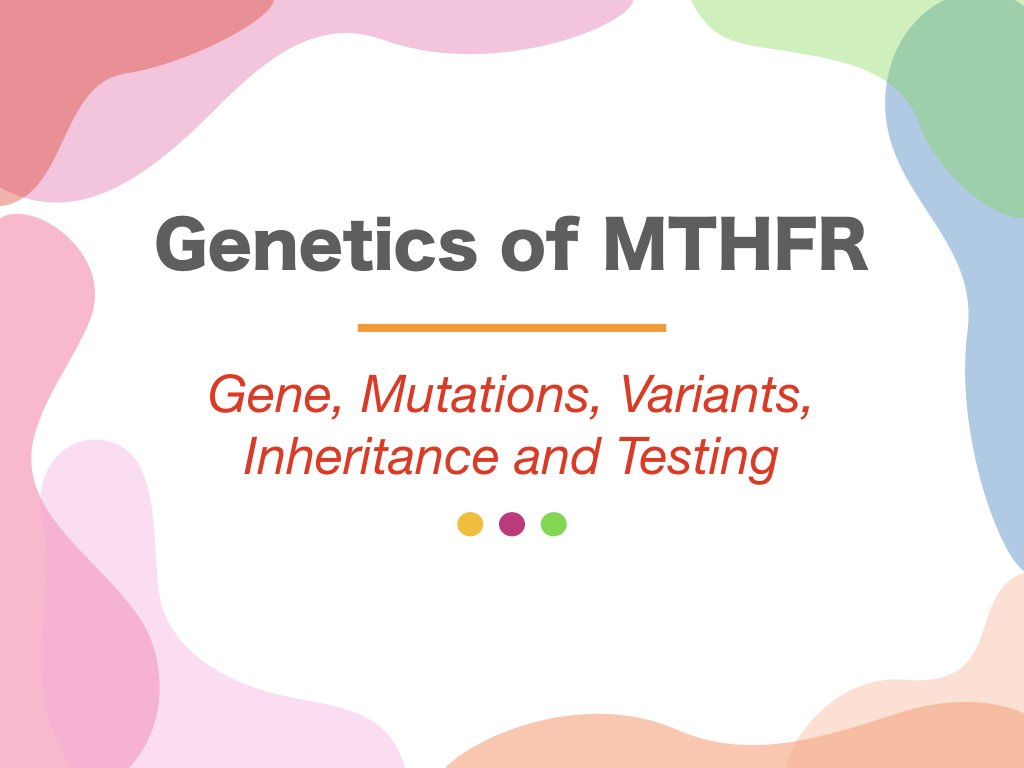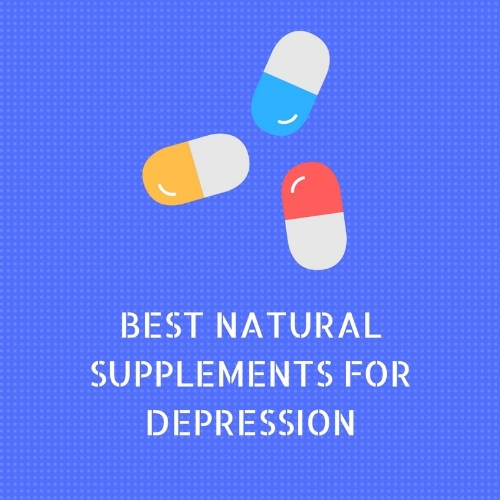How To Read Food Labels
/Unfortunately, a number of products that are labelled as all natural or healthy are actually highly processed with questionable ingredients.
Below we will discuss four ingredients that emphasise the mislabeling of everyday food products.
Fructose is a natural sugar present mainly in fruit and a handful of vegetables.
In it’s natural form it is fine to consume for most people in small quantities however it can also be found in high fructose corn syrup in soft drinks and sweets.
The concentrated sugar present in these syrups has an extremely high level of fructose which rapidly increases the sugar absorption rate in our bodies. This in turn affects our glycemic index. The index shows how quickly something raises our blood sugar.
Take Away: eat fructose in whole fruits but stay away from ultra processed foods that add high fructose.
Sodium Nitrate should also be avoided when looking at food labels. The controversy of this ingredient started in the 1970’s when reports found that nitrate added to meat products reacted with the amines present and formed potentially carcinogenic properties.
Sodium nitrate and nitrite are extensively used in the food industry as an antioxidant in meats such as bacon, ham, luncheon meats, deli meat, jerky and hotdogs
Take Away: though many everyday meats such as bacon do contain the preservative, alternative nitrate free versions are widely available now
Aspartame is an artificial sweetener used in a variety of foods such as diet soft drinks, yoghurt, ice cream and cereal. Similar to sodium nitrate, there is a strong link with the ingredient having carcinogenic properties as well as disgegulation of blood sugars.
Aspartame has also been linked to neurological, behaviour and cognitive disturbances in humans. The sweetener can elevate the levels of phenylalanine aspartic acid in the brain. The compounds obstruct the synthesis of neurotransmitters (dopamine and serotonin). Inhibiting these regulators subsequently affects our neurophysiological activity resulting in behavioural problems.
Take Away: avoid low calorie / low sugar priocessed foods which often includes this artifical sweetener.
Hydrogenated Oils can lead to increased gut inflammation, high LDL cholesterol and low HDL (good cholesterol). High LDL levels can increase a person’s risk of heart disease and obesity. These type of oils are commonly found in ultra processed food products such as crisps and baked goods.
It is advised to avoid food products where labels contain the word, hydrogenated or partially hydrogenated in front of the oils name. This will identify if there is a trans fat contained in the food.
Take Away: Double check plant based milks which seem healthy but can contain liquid oils.



















